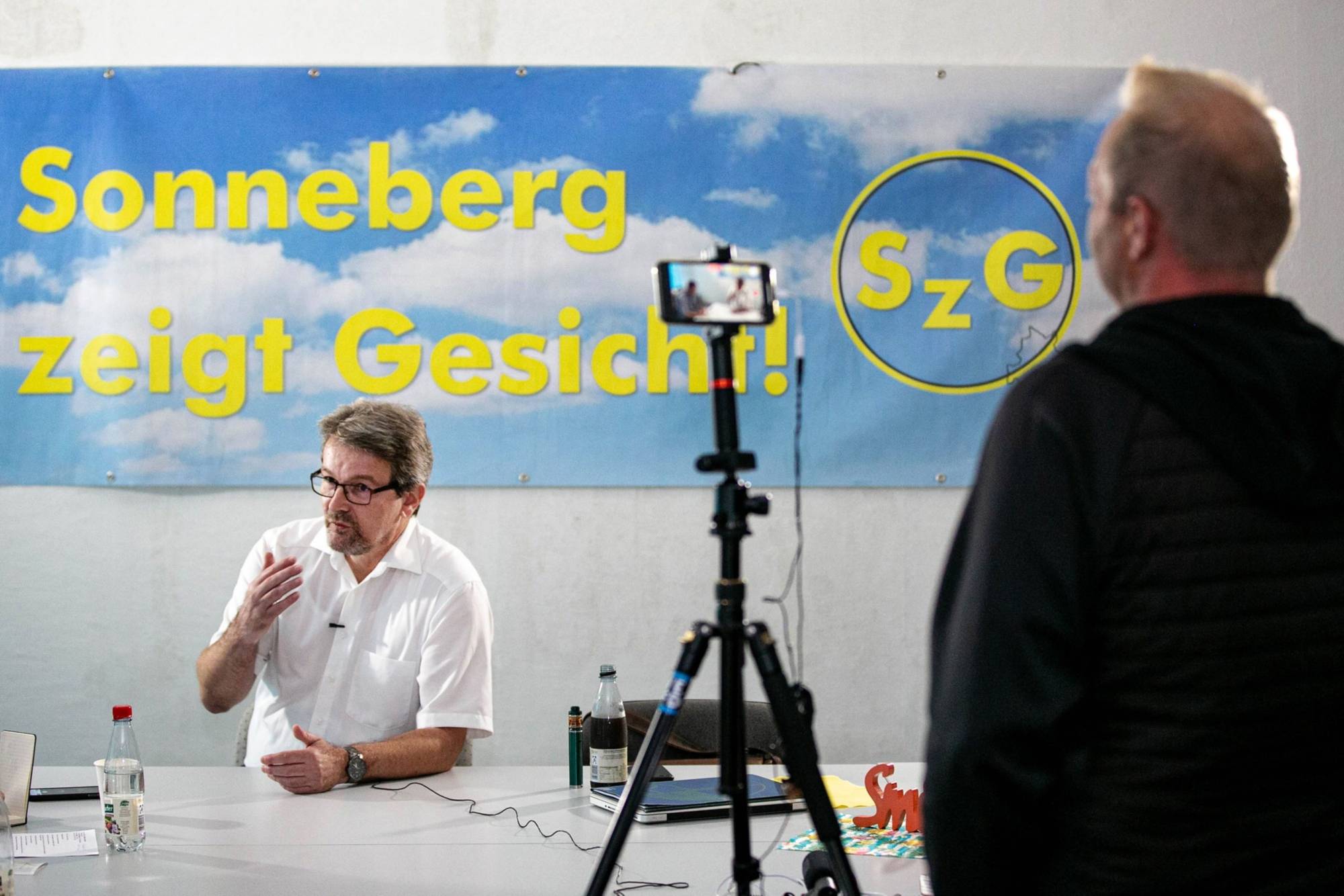In a tidy German village on the edge of the Thuringian forest, several dozen locals gather over cake and canapes to listen to coronavirus skeptics decry the state of Europe’s largest economy.
Sonneberg, population 23,000, was home to a flourishing toy industry a century ago and still boasts one of the world’s largest teddy bears, but as Germany prepares to go to polls on Sept. 26, the mood here is darkening, for all the superficial decorum.
Like much of the former communist East, the place has struggled economically since reunification a generation ago and that made it fertile ground for the nationalist Alternative for Germany, or AfD, when its support surged in the last election. And it helps explain why families and retirees are turning out to hear fringe groups rail against the "immunization apartheid” dividing Germany and attacking officials who want to ostracize the non-vaccinated as "complicit.”


















With your current subscription plan you can comment on stories. However, before writing your first comment, please create a display name in the Profile section of your subscriber account page.